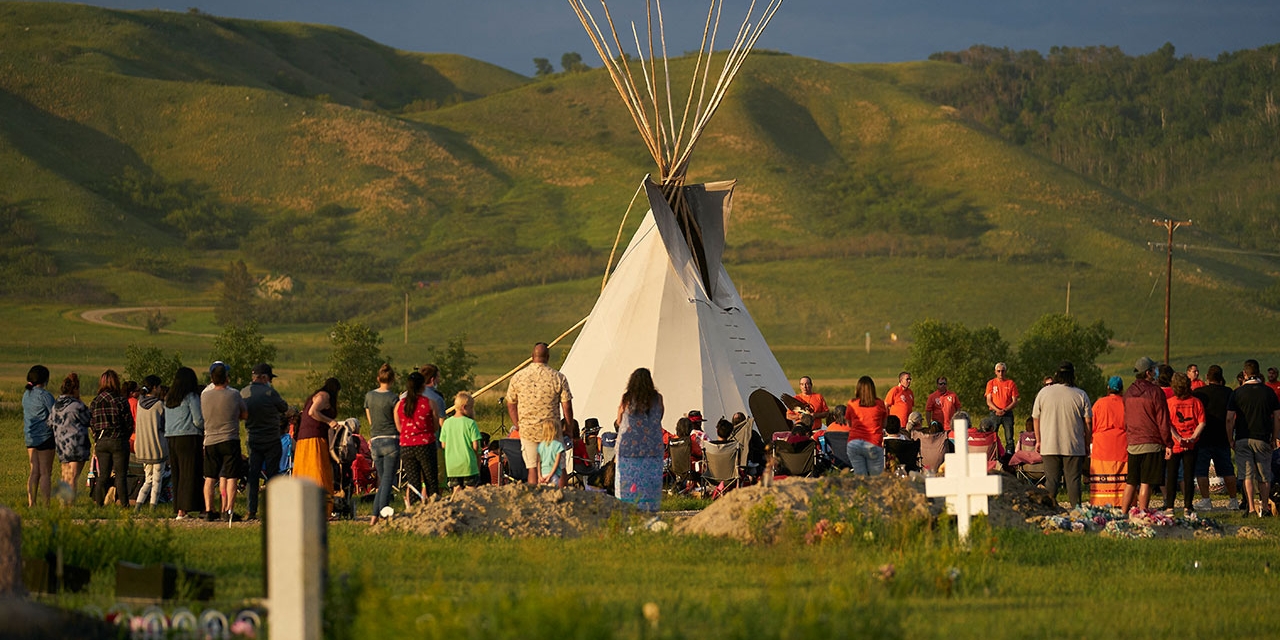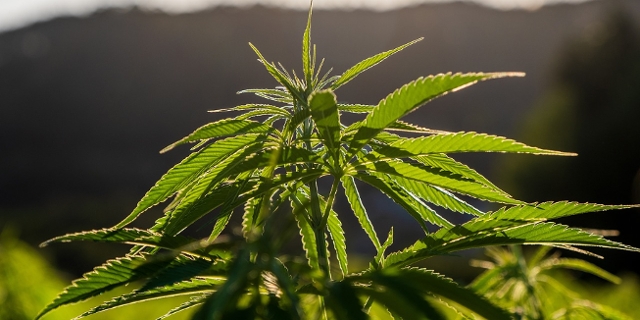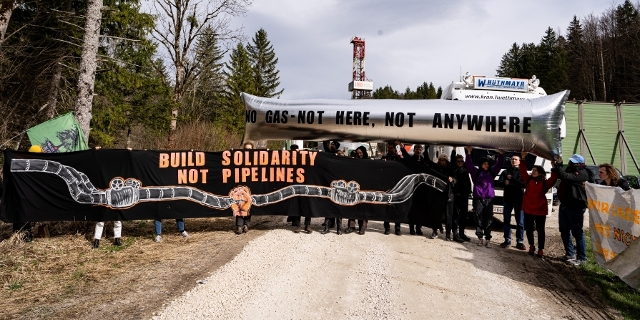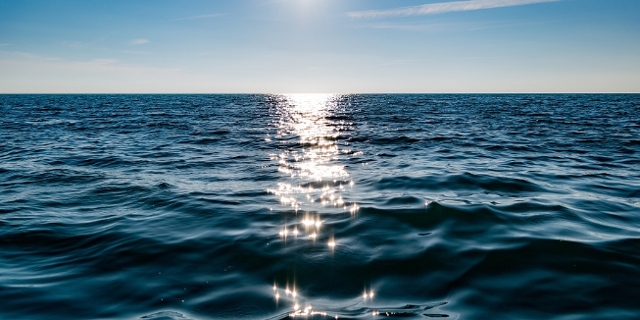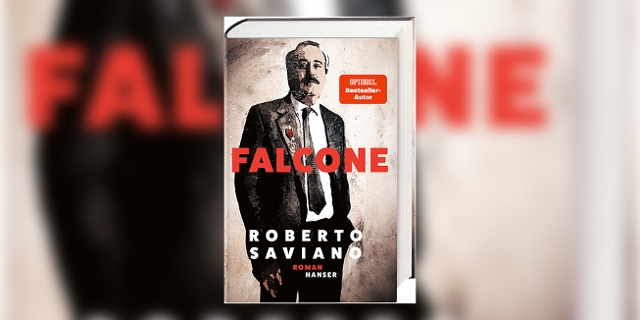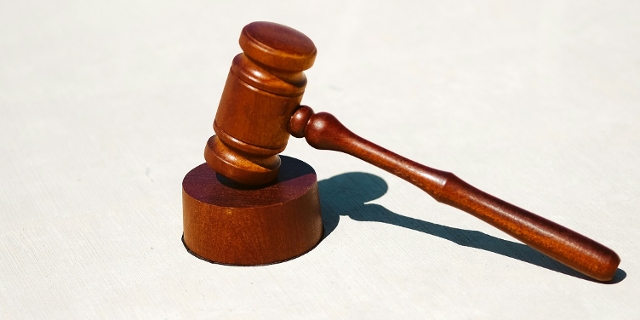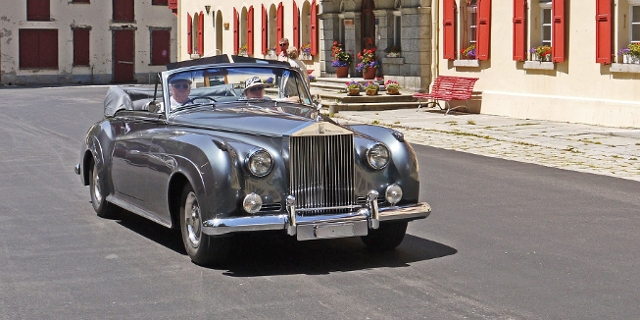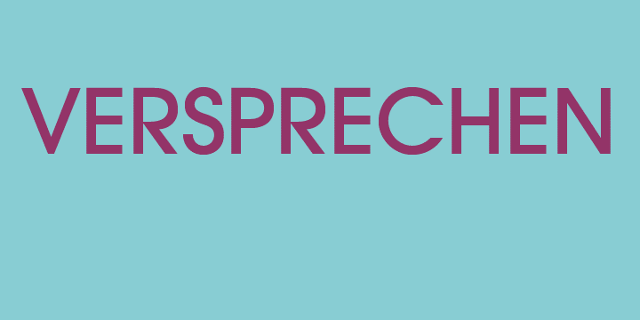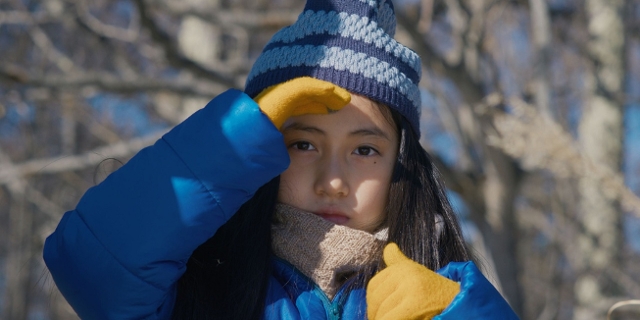Oh. Canada.
By Riem Higazi
„O Canada! / Ô Canada!“
For over 100 years, Canada had a policy of removing indigenous children as young as six years old from their families and placing them in boarding schools run jointly by churches and the government.
Known as „Indian residential schools“, they were frequently located far from indigenous communities, making it difficult, if not impossible, for children to return home.
„Our home and native land / Terre de nos aïeux“
The idea at the time (and this „time“ lasted up until 1996) was to assimilate indigenous children into white society. Not only did the policy fail, it destroyed many lives in the process, countless lives were stolen, countless children were murdered. The past few months, thanks to improved technology, unmarked graves with hundreds of children’s remains were uncovered across Canada, first in British Columbia, and last week in Saskatchewan and there are fears that the recent discoveries of remains are an indication of many more unmarked gravesites.
„True patriot love in all of us command / Ton front est ceint de fleurons glorieux!“
Last Friday, Canadian Prime Minister Justin Trudeau formally apologized following the tragic discovery of 751 unmarked graves at a former residential school in Saskatchewan. He has not, as of yet, committed to a criminal probe or inquiry.
„With glowing hearts we see thee rise / Car ton bras sait porter l’épée“
For many Canadians and indeed many people across the world, such a horrific past where tactics of genocide were utilised by those in power, has come as a shock. Having grown up in Canada and having attended public school until graduating high school in the 70s and 80s, I can assure you, the words „genocide“ and „Canada“ were never used in the same sentence in school. I was taught that Canada was awesome and friendly and polite and tolerant and cool.
„The True North strong and free/ Il sait porter la croix!“
When it came to „Indian“ lessons (because this term was not eradicated until the 1990s as far as I know in Canada and „First Nation/Indigenous“ became the correct terms to use), what I remember most vividly is that my 4th grade teacher Miss Furness was very very pretty and I think she may have grown up on a First Nation reservation but I’m not sure if that was ever confirmed or denied. I also remember being taught a dance where the gym teacher yelled at us , “Toe-heel NOT heel-toe, no Indian walks heel-toe!” On „Sports Day“, kids in my school were divided into teams with First Nations names: Iroquois, Cree, Seneca, Algoquin, Mohawk — I remember Mohawk especially because I was on that team and the framing was it was a competition, a war, and we were meant to fight each other and I was an athletic little kid and competitive and I was like, „MOHAWKS RULE!“ I never heard of any Inuit tribes (still referred to as Eskimo back then) or of the diversity of culture and the true experience of First Nation/Indigenous Peoples of Canada ever.
„From far and wide, O Canada, we stand on guard for thee / Ton histoire est une épopée , des plus brillants exploits“
When I was 15, I was visiting a relative in Texas and I met another 15 year-old girl who was from Texas and she said something along the lines of, “Oh you’re from Canada. You all live in igloos.” And I remember being so pissed that she should be so ignorant that we would live in something as „primitive“ as igloos and that we Canadian kids had to learn everything about American states and capital cities and government policies as part of our education system and as part of the massive media exposure we as Canadian kids had because the „cool“ TV shows were American, like Happy Days with the Fonz and Family Ties with Canadian star Michael J. Fox but he was celebrated because he made it to American TV. We Canadian kids were submerged in American culture and politics while American kids thought Canadians lived in igloos. The thing is, it wasn’t just American kids who were ignorant of an all-encompassing Canadian history, the education system in Canada with regards to true First Nation/Indigenous studies was beyond lacking.
"God keep our land glorious and free! O Canada, we stand on guard for thee / Et ta valeur, de foi trempée, Protégera nos foyers et nos droits
Sol Mamakwa wants to change that and has been vocal about that. He is a Canadian politician, who was elected to the Legislative Assembly of Ontario in the 2018 provincial election and represents the riding of Kiiwetinoong as a member of the Ontario New Democratic Party.
The Education Minister of Ontario, Stephen Lecce, says the province has started consulting with Indigenous leaders and elders to „strengthen the curriculum“ with regards to a deeper understanding of Indigenous history.
Sol says, “This government moves quickly on legislation that matter to them. Indigenous curriculum writing sessions should be brought back this summer. No more words.” Sol, a Member of Provincial Parliament, Kiiwetinoong and an Official Opposition Critic for Indigenous & Treaty Relations, he is also the only provincial politician to have attended a residential school. He is asking people to use Canada Day as a day of reflection, not celebration. He, and many Canadians today will be wearing the colour orange: Wearing orange on Canada Day comes from the inspiration for Orange Shirt Day, which came from residential school survivor Phyllis Jack Webstad, who shared her story about her life at residential school where she recounted her first day at that school when she was six years old and stripped of her clothes, including the new orange shirt her grandmother bought her, which was never returned.
I am so grateful to have had the opportunity to speak with Sol Mamakwa on the eve of this year’s Canada Day. Despite the horrific crimes committed against him and his ancestors, he is very much committed to building a better Canada.
„O Canada, we stand on guard for thee/ Protégera nos foyers et nos droits“
As you can imagine, plenty of people are not on board with the notion that Canada Day shouldn’t be about fireworks and family picnics but the mood has definitely changed in Canada because plenty of people are most definitely recognising the conflict of celebrating the „birth“ of a nation while that very nation’s dark past has finally been exposed. My parents live on Vancouver Island and when I spoke with them last night, my father said that the senior group at his housing complex will be wearing orange t-shirts and gathering for a prayer as led by a local First Nations representative. This gesture is so minute but it is huge in comparison to the Canada Days I remember where every kid got a Canada flag pin and enjoyed free concerts and hot dogs and a day off work or school.
I noticed another big recognition of what has been at best a lack of inclusion and at worst, proof of systemic racism—yesterday, radio stations across Canada in an unprecedented collaboration to amplify, elevate, listen to, and learn from Indigenous voices coordinated “A Day to Listen”. I tuned in of course and the discussions and music were new to my 51 year-old Canadian citizenship-holding ears and it floored me, it was so amazing.
O Canada, we stand on guard for thee/ Protégera nos foyers et nos droits
During the course of writing what you see above, the discovery of another 182 unmarked graves near a residential school in British Colombia has been made public.
Publiziert am 01.07.2021







